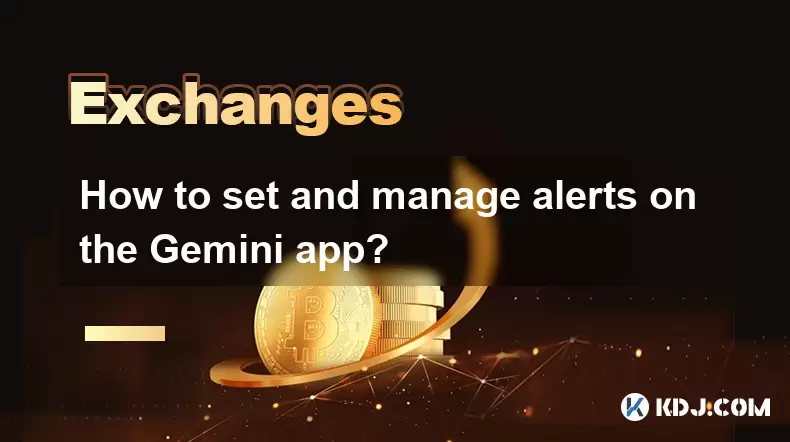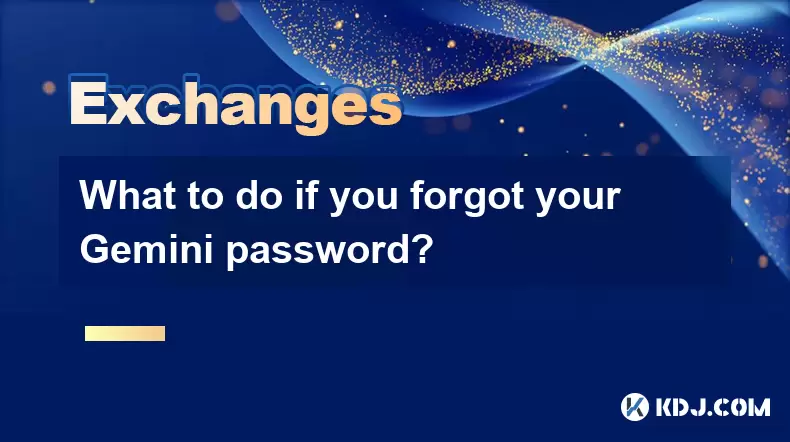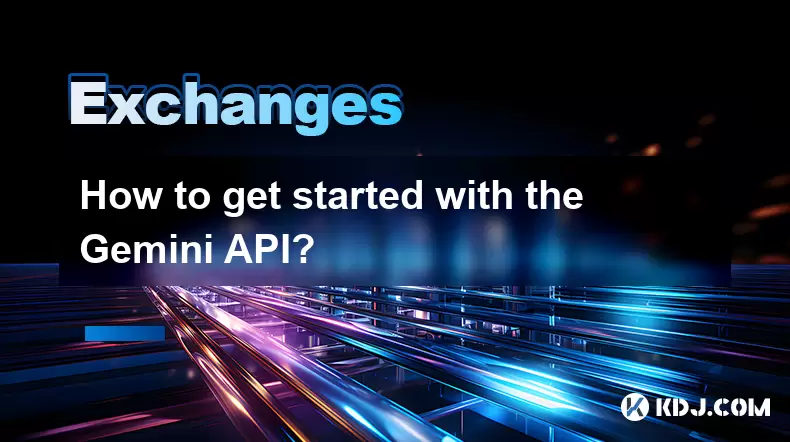-
 Bitcoin
Bitcoin $113600
-0.65% -
 Ethereum
Ethereum $3582
-2.02% -
 XRP
XRP $2.919
-4.02% -
 Tether USDt
Tether USDt $0.9999
-0.01% -
 BNB
BNB $749.8
-1.55% -
 Solana
Solana $162.1
-3.54% -
 USDC
USDC $0.9998
-0.01% -
 TRON
TRON $0.3318
-0.59% -
 Dogecoin
Dogecoin $0.1967
-4.77% -
 Cardano
Cardano $0.7148
-4.36% -
 Hyperliquid
Hyperliquid $37.30
-3.29% -
 Stellar
Stellar $0.3883
-4.29% -
 Sui
Sui $3.357
-4.00% -
 Bitcoin Cash
Bitcoin Cash $556.3
-1.84% -
 Chainlink
Chainlink $16.11
-4.08% -
 Hedera
Hedera $0.2344
-4.30% -
 Ethena USDe
Ethena USDe $1.001
0.00% -
 Avalanche
Avalanche $21.68
-4.66% -
 Litecoin
Litecoin $118.0
-3.37% -
 UNUS SED LEO
UNUS SED LEO $9.000
0.53% -
 Toncoin
Toncoin $3.161
-6.14% -
 Shiba Inu
Shiba Inu $0.00001193
-3.33% -
 Uniswap
Uniswap $9.434
-3.85% -
 Polkadot
Polkadot $3.577
-2.49% -
 Dai
Dai $0.9999
0.00% -
 Monero
Monero $288.7
-3.86% -
 Bitget Token
Bitget Token $4.209
-3.61% -
 Cronos
Cronos $0.1368
-1.06% -
 Pepe
Pepe $0.00001003
-4.60% -
 Aave
Aave $252.2
-3.73%
Will CoinEx leverage cause liquidation?
Leverage trading on CoinEx, while offering higher buying power, carries risks like liquidation if the market moves against the trader.
Nov 27, 2024 at 11:09 am

Will CoinEx Leverage Cause Liquidation?
With the increasing popularity of cryptocurrency, more and more people are turning to exchanges like CoinEx to buy, sell, and trade digital assets. One of the features that CoinEx offers is leverage trading, which allows traders to borrow funds from the exchange to increase their buying power. While leverage trading can be a powerful tool for magnifying profits, it also comes with significant risks.
What is Leverage Trading?
Leverage trading is a type of trading that allows traders to borrow funds from a broker or exchange in order to increase their buying power. This means that traders can trade with more money than they actually have in their account. For example, if a trader has $100 in their account and they use 10x leverage, they can trade with $1,000.
How Does CoinEx Leverage Work?
CoinEx offers leverage trading on a variety of cryptocurrency pairs. The amount of leverage that is available varies depending on the pair being traded. For example, BTC/USDT has a maximum leverage of 10x, while ETH/USDT has a maximum leverage of 5x.
To use leverage trading on CoinEx, traders must first open a margin trading account. Once an account is opened, traders can then select the pair they want to trade and the amount of leverage they want to use.
Risks of Leverage Trading
Leverage trading can be a powerful tool for magnifying profits, but it also comes with significant risks. These risks include:
- Liquidation: If the market moves against the trader, they may lose their entire investment.
- Margin calls: If the trader's account balance falls below a certain level, the exchange may issue a margin call. This means that the trader must either deposit more funds or close their positions.
- Volatility: The cryptocurrency market is highly volatile, which means that prices can move quickly in either direction. This can make it difficult to predict how the market will move, which can lead to losses.
How to Avoid Liquidation
There are a number of things that traders can do to avoid liquidation when using leverage trading. These include:
- Using stop-loss orders: Stop-loss orders are orders that are placed to automatically sell a position if the price of the asset falls below a certain level. This can help to limit losses.
- Managing risk: Traders should always manage their risk by only trading with money that they can afford to lose. They should also avoid using too much leverage.
- Understanding market volatility: Traders should always be aware of the volatility of the cryptocurrency market before they start trading. This will help them to make informed decisions about how to use leverage.
Conclusion
Leverage trading can be a powerful tool for magnifying profits, but it also comes with significant risks. Traders should always carefully consider the risks and benefits of leverage trading before they start using it. By following the tips above, traders can help to avoid liquidation and protect their profits.
Disclaimer:info@kdj.com
The information provided is not trading advice. kdj.com does not assume any responsibility for any investments made based on the information provided in this article. Cryptocurrencies are highly volatile and it is highly recommended that you invest with caution after thorough research!
If you believe that the content used on this website infringes your copyright, please contact us immediately (info@kdj.com) and we will delete it promptly.
- DeriW Mainnet: Zero Gas Fees Revolutionize On-Chain Derivatives Trading
- 2025-08-06 10:30:11
- IOTA, Cloud Mining, and Eco-Friendly Crypto: A New York Investor's Take
- 2025-08-06 10:30:11
- Kaspa (KAS) Price Prediction: August 6 - Will It Break Free?
- 2025-08-06 10:50:12
- Meme Coin Mania: Arctic Pablo's Token Burn Ignites Presale Frenzy
- 2025-08-06 10:50:12
- Pi Network, Holders, and Market Turbulence: Navigating the Crypto Storm
- 2025-08-06 10:55:12
- XRP, DOGE, and the Altcoin Darling Dilemma: Where's the Alpha?
- 2025-08-06 08:30:11
Related knowledge

How to set and manage alerts on the Gemini app?
Aug 03,2025 at 11:00am
Understanding the Gemini App Alert SystemThe Gemini app offers users a powerful way to stay informed about their cryptocurrency holdings, price moveme...

How to use the Gemini mobile app to trade on the go?
Aug 04,2025 at 09:14am
Setting Up the Gemini Mobile AppTo begin trading on the go using the Gemini mobile app, the first step is installing the application on your smartphon...

How to set up a corporate account on Gemini?
Aug 05,2025 at 03:29pm
Understanding Gemini Corporate AccountsGemini is a regulated cryptocurrency exchange platform that supports both individual and corporate account crea...

What to do if you forgot your Gemini password?
Aug 04,2025 at 03:42am
Understanding the Role of Passwords in Gemini AccountsWhen using Gemini, a regulated cryptocurrency exchange platform, your password serves as one of ...

What are the websocket feeds available from the Gemini API?
Aug 03,2025 at 07:43pm
Overview of Gemini WebSocket FeedsThe Gemini API provides real-time market data through its WebSocket feeds, enabling developers and traders to receiv...

How to get started with the Gemini API?
Aug 05,2025 at 12:35pm
Understanding the Gemini API and Its PurposeThe Gemini API is a powerful interface provided by the cryptocurrency exchange Gemini, enabling developers...

How to set and manage alerts on the Gemini app?
Aug 03,2025 at 11:00am
Understanding the Gemini App Alert SystemThe Gemini app offers users a powerful way to stay informed about their cryptocurrency holdings, price moveme...

How to use the Gemini mobile app to trade on the go?
Aug 04,2025 at 09:14am
Setting Up the Gemini Mobile AppTo begin trading on the go using the Gemini mobile app, the first step is installing the application on your smartphon...

How to set up a corporate account on Gemini?
Aug 05,2025 at 03:29pm
Understanding Gemini Corporate AccountsGemini is a regulated cryptocurrency exchange platform that supports both individual and corporate account crea...

What to do if you forgot your Gemini password?
Aug 04,2025 at 03:42am
Understanding the Role of Passwords in Gemini AccountsWhen using Gemini, a regulated cryptocurrency exchange platform, your password serves as one of ...

What are the websocket feeds available from the Gemini API?
Aug 03,2025 at 07:43pm
Overview of Gemini WebSocket FeedsThe Gemini API provides real-time market data through its WebSocket feeds, enabling developers and traders to receiv...

How to get started with the Gemini API?
Aug 05,2025 at 12:35pm
Understanding the Gemini API and Its PurposeThe Gemini API is a powerful interface provided by the cryptocurrency exchange Gemini, enabling developers...
See all articles

























































































